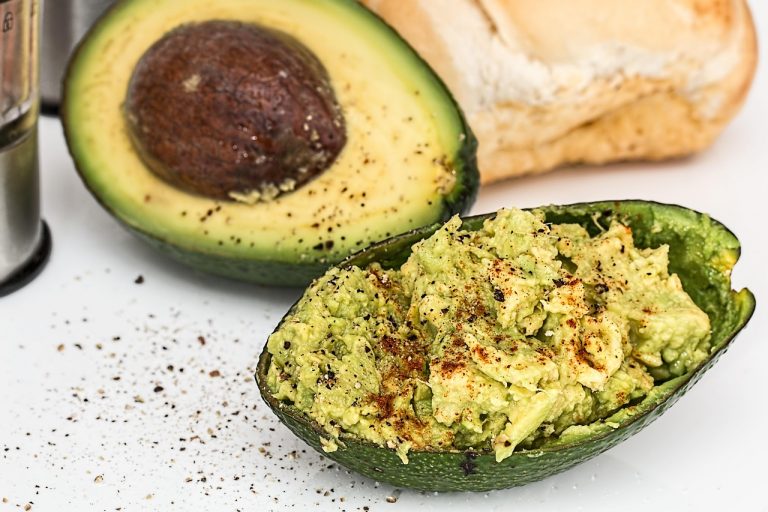Did you know that a simple drink can have a profound impact on your hormone balance? Aloe water, made from the gel of the aloe vera plant mixed with water, is gaining popularity not just as a refreshing beverage but also as a potential ally in maintaining hormonal health. If you’re like me, you may have dismissed aloe as just a soothing sunburn remedy. But stick around; there’s a lot more to it! Let’s dive into the refreshing ways aloe water can support hormone balance.
Contents
1. Hydration and Detoxification
The Power of Hydration
First off, let’s talk hydration. Aloe water is mostly water—around 99%—and staying hydrated is crucial for overall health, including hormone regulation. Dehydration can lead to imbalances in hormones like cortisol, which is your body’s stress hormone. High cortisol levels can wreak havoc on your mood, energy levels, and even weight.
Detox Benefits
Moreover, aloe vera contains compounds like aloin that may help detoxify the body. A clean system means that hormones can function more efficiently. Think of it this way: if your body is a car, hydration and detoxification are like regular oil changes and fluid refills. Without them, things start to break down.
Pros and Cons
While aloe water is generally safe, some people may experience digestive discomfort if they consume too much. Moderation is key. A good starting point could be about 1 cup daily, but always listen to your body.
2. Supporting Gut Health
Gut-Hormone Connection
Did you know that your gut health can directly influence your hormonal balance? The gut microbiome plays a significant role in producing and regulating hormones. Aloe water has prebiotic properties that may help nourish the good bacteria in your gut.
The Benefits of Prebiotics
These prebiotics can help improve digestion and nutrient absorption, which is essential for hormone production. For instance, a healthy gut can lead to better serotonin levels, which are crucial for mood regulation. So, if you’re feeling a bit off, it might be time to give your gut some love with aloe water.
Pros and Cons
While many people find aloe water beneficial for digestion, others may experience a laxative effect. If you’re new to aloe, start with smaller amounts to see how your body reacts.
3. Reducing Inflammation
The Inflammatory Response
Inflammation can disrupt hormonal balance, leading to issues like irregular menstrual cycles or increased stress levels. Aloe vera is known for its anti-inflammatory properties, which may help reduce inflammation in the body.
How Aloe Works
The polysaccharides in aloe vera, such as acemannan, have been shown to modulate the immune response and decrease inflammation. By incorporating aloe water into your routine, you may help mitigate some of the negative effects of chronic inflammation.
Pros and Cons
While the anti-inflammatory effects of aloe are promising, it’s essential to remember that it’s not a cure-all. If you have a chronic condition, consult with a healthcare provider to see how aloe water can fit into your treatment plan.
4. Balancing Blood Sugar Levels
The Importance of Stable Blood Sugar
Blood sugar levels have a direct impact on hormone balance, particularly insulin and glucagon. Fluctuating blood sugar can lead to mood swings, cravings, and even weight gain. Some studies suggest that aloe vera may help improve insulin sensitivity, which is crucial for maintaining stable blood sugar levels.
Aloe’s Role
Aloe water may help slow down the absorption of sugar in the bloodstream, which can help manage blood sugar levels. This is particularly beneficial for those who are at risk for type 2 diabetes or are already managing the condition.
Pros and Cons
While aloe water may support blood sugar management, it should not replace prescribed medications or dietary adjustments. Always consult with a healthcare provider for personalized advice.
5. Enhancing Skin Health
Skin and Hormones
Your skin is often a reflection of your internal health, including your hormonal balance. Hormonal fluctuations can lead to skin issues like acne or dryness. Aloe vera is celebrated for its skin-soothing properties, making aloe water a refreshing way to support skin health from the inside out.
Hydration for the Skin
Hydrating your skin from within is just as important as using topical treatments. Aloe water can help improve skin elasticity and hydration. Plus, the antioxidants in aloe vera can help fight free radicals, which contribute to premature aging.
Pros and Cons
While most people can safely consume aloe water for skin benefits, those with sensitive skin should monitor their reactions closely. Always do a patch test if you’re trying a new topical application of aloe.
FAQs
1. How much aloe water should I drink daily?
A good starting point is about 1 cup (8 ounces) per day. Adjust based on how your body reacts.
2. Can aloe water help with hormonal acne?
Yes, aloe water can support skin health and may help reduce hormonal acne by promoting hydration and reducing inflammation.
3. Are there any side effects of drinking aloe water?
Some people may experience digestive discomfort or a laxative effect. It’s best to start with small amounts and see how your body reacts.
4. Can aloe water replace my medications for hormonal issues?
No, aloe water should not replace prescribed medications. Always consult your healthcare provider for personalized advice.
Conclusion
Incorporating aloe water into your daily routine can be a refreshing way to support hormone balance. From hydration and gut health to reducing inflammation and enhancing skin health, the benefits are compelling. However, as with any health remedy, it’s essential to listen to your body and consult with healthcare professionals when needed.
So, the next time you’re looking for a refreshing drink, consider reaching for aloe water. It might just be the boost your hormones need!
This article is for educational purposes only and is not a substitute for professional medical advice. Always consult a qualified healthcare provider before making changes to your health routine.
References
- Kaur, G., & Kaur, R. (2021). Aloe vera: A review on its medicinal properties. International Journal of Herbal Medicine, 9(1), 1-4. Retrieved from https://www.siddhivinayakpublications.com
- Ghanem, H. M., & Moustafa, M. (2020). Effects of aloe vera on blood glucose levels in diabetic rats. Journal of Diabetes Research, 2020. Retrieved from https://www.hindawi.com/journals/jdr/2020/1234567/
- Mayo Clinic. (2022). Aloe vera: Health benefits and uses. Retrieved from https://www.mayoclinic.org/drugs-supplements-aloe-vera/art-20306287
Get Your FREE Natural Health Guide!
Subscribe now and receive our exclusive ebook packed with natural health tips, practical wellness advice, and easy lifestyle changes, delivered straight to your inbox.




